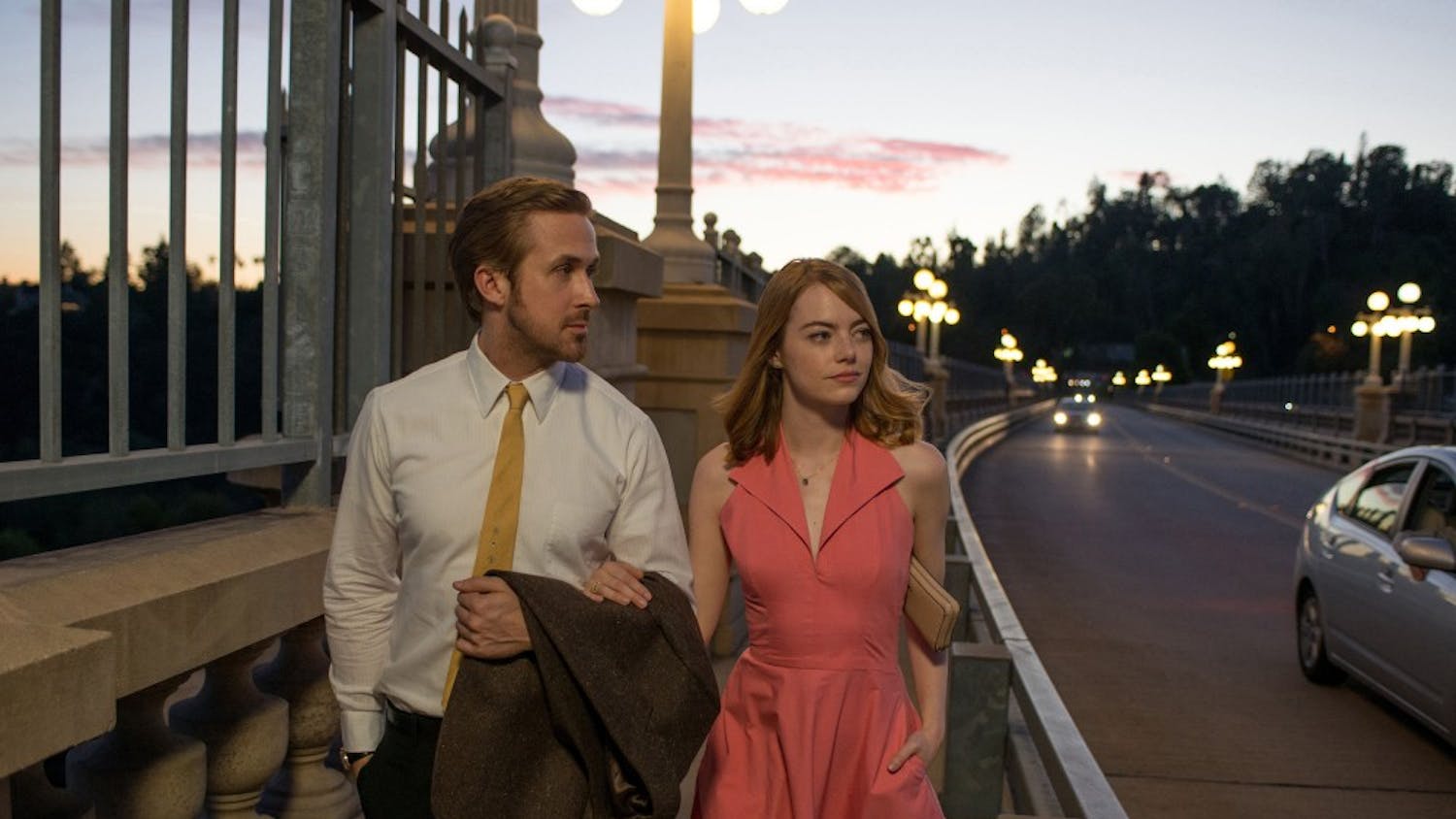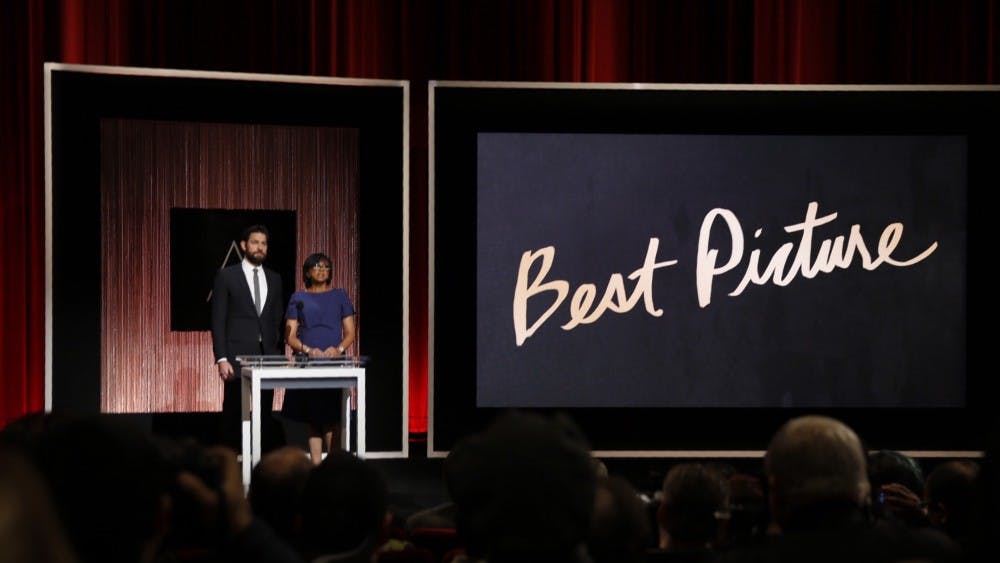I have to admit that I was in total shock last week when I saw a saffron-and-crimson-clad monk walk out of Starbucks, then later saw a group of monks smoking at the Tibetan Mongolian Buddhist Cultural Center.\nI thought to myself, "Aren't Buddhists supposed to avoid putting harmful substances into their bodies? Should this guy really be drinking that $5 venti macchiato?"\nThis confusion clouded my mind until reality hit me early in the morning Saturday, Oct. 27, as I awaited the arrival of His Holiness' motorcade: These monks are holy men, yes, but that doesn't mean they can't indulge in some of the same pleasures as normal folk. I mean, I've seen priests drink wine and rabbis smoke cigarettes, but I didn't think any less of them. Why should I think any less of these monks?\nThe apex of my judgmental thoughts came later that afternoon, when I heard the Dalai Lama's final address to Bloomington and IU. The message was on compassion and the path to peace, and I felt like he was directly addressing me when he said that many of the world's problems come from a lack of knowledge about reality.\nTo me, "reality" is the midterm that I bombed last week that will haunt me the rest of the semester. It's not the philosophical "what's real, what isn't" nonsense out of "The Matrix" that's entirely over my head. But after hearing those words come from that tiny, ancient man's mouth, I realized that, like Plato said in "The Republic," reality is always changing, and knowledge of reality is subjective.\nComplex, I know, but in essence, I realized last week that my lack of knowledge about what is "real" in Tibet, "real" to monks and "real" to Buddhist spirituality prevented me from understanding that monks, including the Dalai Lama, are human beings. Sinning, smoking, emotional, thinking humans. It took me six days to conclude that, just as the Tibetan spiritual leader said, he is "just a monk."\nThat's hard to believe, given that he had a miniature army of Secret Service agents flanking him at all times, but I truly see now that he is "just a monk." He is simple, reserved and likes a bit of humor every once in a while. He even told the audience of about 9,000 that he likes cats more than dogs, and he took off his shoes at his lecture because they made him uncomfortable. I mean, I do that, so why shouldn't he?\nBefore I took the assignment of covering the Dalai Lama's progress for the Indiana Daily Student, I had this preconceived notion that he was basically the "pope" of the Buddhist world. For goodness' sake, could I be blamed? The man was just awarded the Congressional Gold Medal for his contributions to humankind, not to mention his Nobel Peace Prize in 1989.\nI learned that he was the Tibetan head-of-state, in exile in India since 1959, but also a spiritual leader for Tibetan Buddhists. He wasn't an all-encompassing religious leader for every Buddhist, however; Christians, Muslims, Jews, Hindus and Buddhists alike revere and respect him. His decades-old message of peace and nonviolent discourse has inspired millions around the world. He had harsh words to say about the war in Iraq and upheld sympathy for terrorists and their lack of early childhood affection.\nTo me, he is like Gandhi, Mother Teresa, Martin Luther King Jr. and Jesus all rolled into one: His nonviolent ways inspire compassion for his own people and for those oppressed by tyrannical governments. He judges no one and encourages our generation to "make this century a century of dialogue, not bloodshed."\n"The concept of 'we' and 'they' is no longer relevant," he told us. \nHis words could not have been more directed toward my tendency to stereotype: We are all the same, regardless of our religious beliefs, ethnicity, sexual orientation and gender. Whether you're a monk, a priest, a rabbi, an imam, an atheist or just a spiritual person, we're all humans, he said, and we all have an identical need for love.
The Last Word
The DL on the DL
Get stories like this in your inbox
Subscribe





